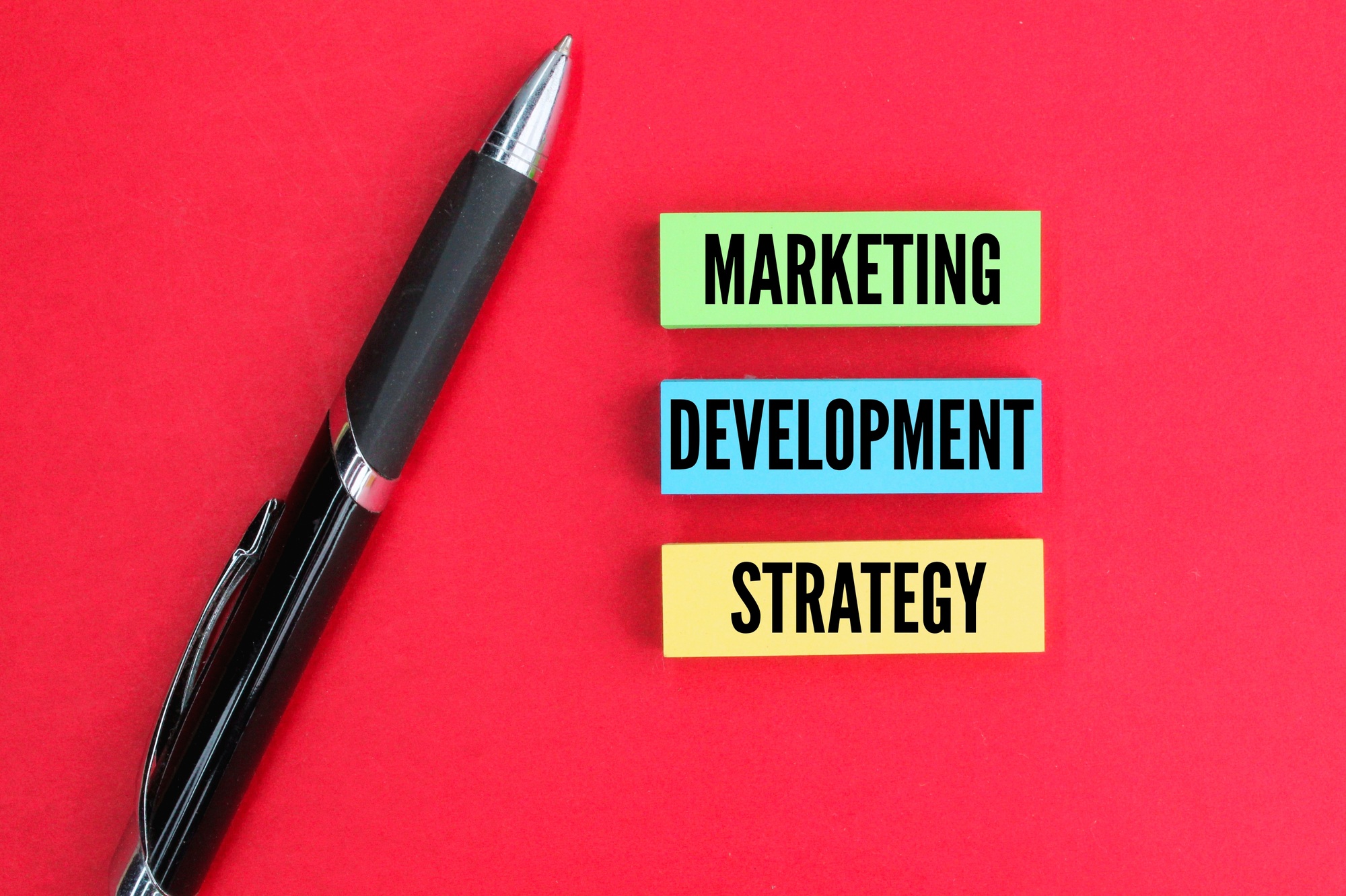Key Takeaways

- Target Audience Identification: Clearly define your ideal customer profile using demographics, interests, and behaviors to enhance ad effectiveness.
- Clear Objectives: Set measurable goals for your campaigns, such as increasing website traffic or generating leads, to guide your strategy.
- Diverse Ad Formats: Utilize various ad types like image, video, and carousel ads, tailoring your choice to your campaign goals for better engagement.
- Performance Monitoring: Regularly track key metrics using Facebook Insights to assess campaign performance and make necessary adjustments.
- A/B Testing: Experiment with different creative elements to determine what resonates most with your audience, enabling data-driven decisions.
- Remarketing Strategies: Implement remarketing to engage users who have previously interacted with your business, increasing the chances of conversion.
In today’s digital landscape, Facebook advertising is a game changer for businesses looking to expand their reach. With over 2.8 billion active users, it offers unparalleled opportunities to connect with your target audience. But to truly harness its potential, you need a solid advertising strategy that aligns with your goals.
Crafting an effective Facebook advertising strategy involves understanding your audience, setting clear objectives, and utilizing the platform’s diverse ad formats. Whether you’re a small business or a large corporation, mastering these elements can significantly enhance your brand visibility and engagement. Let’s dive into the essentials of creating a winning Facebook advertising strategy that drives results.
Understanding Facebook Advertising Strategy

Facebook advertising offers immense potential for small businesses seeking to enhance their online presence. By understanding the platform’s advertising framework, you can effectively reach your target audience and achieve your business goals.
Importance of Facebook Advertising
Facebook boasts over 2.8 billion monthly active users, making it a crucial channel for small businesses. Utilizing Facebook advertising can significantly increase brand visibility and customer engagement. You can target specific demographics, interests, and online behaviors, allowing for tailored messaging that resonates with potential customers. Investing in Facebook ads helps you connect with your audience where they spend a significant amount of their time on social media.
Key Components of the Strategy
- Target Audience Identification: Define your ideal customer profile based on age, location, interests, and behaviors. Narrowing your focus increases the effectiveness of your ad spend.
- Clear Objectives: Set measurable goals for your advertising campaigns, such as increasing website traffic, generating leads, or boosting sales. Clear objectives guide your strategy and help assess performance.
- Ad Formats: Choose from different ad formats, including image ads, video ads, carousel ads, and collection ads. Each format serves distinct purposes and engages users in various ways.
- Budget and Bidding: Establish a budget that aligns with your advertising goals. Utilize Facebook’s bidding options like cost-per-click (CPC) or cost-per-impression (CPM) to optimize your ad spend.
- Performance Monitoring: Regularly track key metrics, such as conversion rates, click-through rates (CTR), and return on ad spend (ROAS). Use Facebook Insights to analyze performance and adjust your strategy as needed.
- A/B Testing: Experiment with different creative elements and copy to determine what resonates most with your audience. A/B testing enables data-driven decisions that enhance campaign effectiveness.
- Remarketing: Implement remarketing strategies to target users who previously interacted with your business. This approach reinforces brand awareness and increases the likelihood of conversions.
Setting Goals for Your Facebook Ads

Setting clear goals for your Facebook ads enhances your ability to reach your target audience effectively. You’ll create a strategic framework that guides your campaigns toward measurable results.
Defining Target Audience
Defining your target audience is critical for small businesses looking to maximize their Facebook advertising impact. Use insights from Facebook’s Audience Insights tool to identify demographics, interests, and behaviors relevant to your ideal customers. Create a detailed audience profile based on these criteria to ensure your ads reach the right people. Consider factors such as age, location, and purchasing behaviors to refine your targeting.
Selecting Objectives
Selecting the right objectives for your Facebook ads directly influences their success. Choose from common objectives that align with your business goals:
- More store orders: Drive sales and promote specific products to increase revenue.
- More leads or bookings: Encourage sign-ups for services or events tailored to your audience’s interests.
- Promote a page: Increase traffic and engagement on your Facebook page, boosting brand awareness among potential customers.
These objectives help you define the desired outcomes of your campaigns and set the stage for measuring effectiveness.
Creating Effective Facebook Ad Campaigns

Effective Facebook ad campaigns require clarity in your objectives and the right strategies tailored to your small business. You can enhance brand visibility and engagement by understanding the platform’s tools and resources.
Types of Facebook Ads
Utilize various ad formats to maximize your campaign’s reach. Consider these types of Facebook ads for your small business:
- Image Ads: Showcase a single image with compelling visuals to grab attention.
- Video Ads: Engage users by telling your brand story or demonstrating your products through video content.
- Carousel Ads: Display multiple images or videos, allowing users to swipe through your offerings.
- Slideshow Ads: Create a looping video-like experience using a series of images, text, and sound to captivate your audience.
- Collection Ads: Present a set of products or services, enhancing the shopping experience for users.
Each ad type serves a unique purpose and can be selected based on your campaign goals, whether you aim to drive traffic, generate leads, or promote sales.
Crafting Compelling Ad Copy
Your ad copy plays a crucial role in capturing attention and prompting action. Focus on these essential tips for creating compelling ad copy:
- Be Clear: State your offer or message directly. Clarity helps users understand what to expect.
- Highlight Benefits: Emphasize what users gain from your products or services. This connects your brand with their needs.
- Include a Call-to-Action (CTA): Direct users to take specific actions, such as “Shop Now” or “Learn More.”
- Use Engaging Language: Employ persuasive words that resonate with your audience while aligning with your brand voice.
By combining effective ad types with compelling copy, you can create impactful campaigns that resonate with your target audience on Facebook, ultimately driving better results for your small business.
Analyzing and Optimizing Ad Performance

Analyzing and optimizing ad performance on Facebook is crucial for any small business aiming to improve its advertising strategy. Understanding how your ads perform helps refine your approach and increase returns.
Utilizing Facebook Insights
Utilize Facebook Insights to gain valuable data about your audience and ad performance. Facebook Insights provides metrics on reach, engagement, and demographics, allowing you to segment your audience further. By examining metrics such as click-through rates and page interactions, you can adjust your messaging and targeting. If specific demographics respond better, tailor your ads to resonate with them. This data-driven approach ensures that your efforts align with your audience’s preferences.
A/B Testing Strategies
Implement A/B testing strategies to optimize your Facebook ad campaigns. A/B testing involves running two variations of an ad to determine which performs better. Test elements such as images, headlines, and call-to-action buttons. Monitor the results closely, focusing on conversion rates and cost per acquisition. If one version outperforms the other, use those insights to improve future campaigns. A/B testing provides clear data to guide your decisions, ensuring that your advertising budget is spent effectively.
Common Mistakes to Avoid in Facebook Advertising

Understanding common mistakes in Facebook advertising helps small businesses enhance their campaigns. Awareness of these pitfalls enables you to focus your efforts and achieve better results.
Lack of Clear Goals
Running Facebook ads without clear goals jeopardizes campaign success. Define specific objectives, such as increasing conversions, generating leads, or boosting brand awareness. Without these targets, your ads lack focus, leading to inefficient spending and missed opportunities. Setting measurable goals provides direction and allows you to evaluate the effectiveness of your advertising efforts.
Ignoring Audience Engagement
Ignoring audience engagement diminishes the potential of your campaigns. Small businesses benefit from actively interacting with users on Facebook. Monitoring comments, responding to inquiries, and addressing feedback fosters a connection with your audience. Engaged users are more likely to convert into customers. Utilize Facebook’s tools to analyze engagement metrics and adjust your strategies accordingly, ensuring your content resonates with your target demographics.
Conclusion

Mastering your Facebook advertising strategy can significantly elevate your business presence online. By focusing on your target audience and setting clear objectives you can create campaigns that resonate and drive engagement.
Utilizing various ad formats and continuously monitoring performance allows you to refine your approach and optimize your budget effectively. Don’t forget the power of A/B testing to discover what works best for your brand.
With a strategic mindset and a commitment to engagement you’ll not only enhance brand visibility but also increase conversion rates. Embrace the potential of Facebook advertising and watch your business thrive in the digital landscape.
Frequently Asked Questions

Why is Facebook advertising important for businesses?
Facebook advertising is crucial for businesses due to its vast user base of over 2.8 billion people. It helps brands broaden their digital reach, engage potential customers, and achieve targeted marketing goals when paired with a strong advertising strategy.
How do I define my target audience on Facebook?
To define your target audience, use Facebook’s Audience Insights tool to identify relevant demographics, interests, and behaviors. This understanding helps in creating tailored ads that resonate with the ideal customer profile, improving engagement and conversion rates.
What are common objectives for Facebook ads?
Common objectives for Facebook ads include driving store orders, generating leads, promoting a page, and increasing brand awareness. Clearly defining these objectives helps measure campaign effectiveness and aligns advertising efforts with business goals.
How can I create effective Facebook ad campaigns?
To create effective Facebook ad campaigns, focus on setting clear objectives, choosing the right ad formats (like image, video, or carousel ads), crafting compelling ad copy, and including a strong call-to-action. Tailoring these elements to your target audience enhances campaign impact.
What is A/B testing in Facebook advertising?
A/B testing involves running different versions of ads to compare their performance. This strategy allows businesses to determine which elements (like images, headlines, or copy) work best, enabling data-driven decisions for optimizing ad campaigns.
How do I monitor the performance of my Facebook ads?
You can monitor ad performance using Facebook Insights, which provides data on audience engagement and ad effectiveness. Regularly analyzing this data helps refine targeting, improve messaging, and ultimately enhance ROI.
What mistakes should I avoid in Facebook advertising?
Common mistakes to avoid include lack of clear goals, neglecting audience engagement, and failing to monitor campaign performance. Establishing specific objectives and actively interacting with users can significantly boost ad effectiveness and conversion rates.
How much should I budget for Facebook advertising?
Your Facebook advertising budget depends on your business goals and target audience. Start by setting a clear budget aligned with your objectives, then utilize Facebook’s bidding options to optimize ad spend for maximum results.
Image Via Envato



